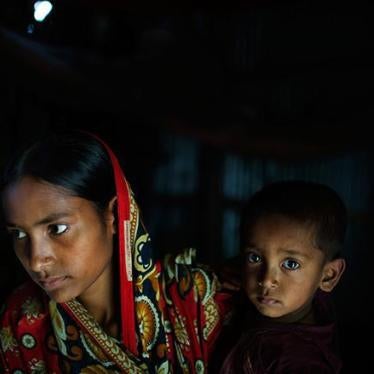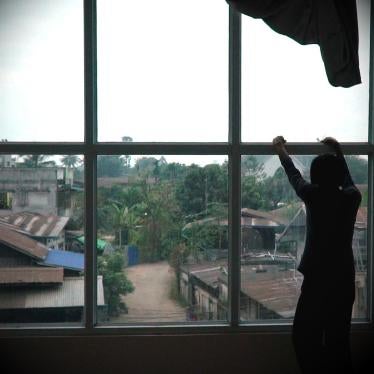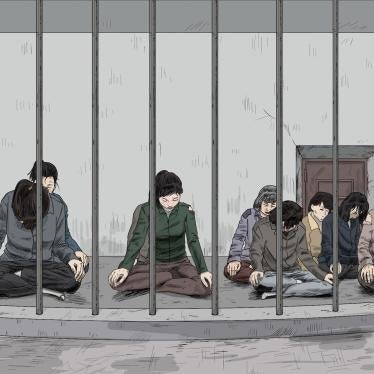January 2025
Walande, Solomon Islands
Johnson Sua
Police Officer
I did not want to change my life. My previous life, my good life. But due to the cause of climate change, caused by the global world, factories, companies, I have to move.
Eva Cathy Iroga
Student
It’s a sad thing to see suddenly everything just wiped away, or stripped away. Everyone cried and yeah, I feel sorry for their homes that gone.
Johnson Sua
We need government to address those who directly affected. Walande is the one of the villages
who are directly affected. We already moved from the island. You can see the empty posts standing. Wave are now coming.
Fred Dauburi
Secretary for Walande Community
As a little boy we feared nothing. We don’t worry about things. We only enjoyed fishing and then going out in the garden. But now we know that climate change really bringing disasters.
Johnson Sua
I expect government to do something for us.
Title
No More Land
Richard Kwai
We are people migrating from one place to place. So originally we came from Northeast Malaita. That's where our ancestors came from.
Text On Screen
Extreme weather events, intensified by climate change, repeatedly displaced Walande community members from their island home.
Today their island has been completely submerged by
the sea.
As a result, the people of Walande were forced to relocate to the nearby mainland.
May 1986
Solomon Islands
Richard Kwai
Chairman, Walande Church
The first destruction to the island was in 1986 when Cyclone Namu destroyed Solomon Islands. They escaped to the mainland after one week they came back and rebuild the island again to its original size. 2009 is the worst time of the climate change. Properties on the islands all destroyed. Houses were washed away, and the sea washed through the village and destroyed the houses in the middle of the village.
Susie Waita Fakaia
Nurse
I was there at that time. I was too scared. I almost break down, because I haven't seen such a big mighty waves like that, in my growing up in this village.
Richard Kwai
And that's when people decide to move.
Text On Screen
By the mid-2010s, the community had relocated to a small area on the mainland that was given to their ancestors.
87% of land in Solomon Islands is held under customary tenure, regulated by unwritten laws and oral tradition passed down from generation to generation.
Richard Kwai
And when they come to settle here, they become best friends with the landowner here. And the best friends allow them to live in this part of the southern Malaita.
Johnson Sua
We are not move here by the government. We are moved to this mainland by ourself. By our strength. The walkways and other things, it’s not built by the government. If we lean on the government, or if we lean on the other organizations of the world, we still remain the same.
Richard Kwai
During that time too, the Solomon Islands’ government supported the community by providing ten cartons of nails to build a house. Yeah...
Eva Cathy Iroga
This community here, they always work together as a family. There's a lot of many tribes here, but when it comes to do things together like (building) the footpaths, they all come together and then (get) the job done.
Text On Screen
The people of Walande showed ingenuity and leadership in their relocation, but moving an
entire community inherently involves losses.
Johnson Sua
It's really painful. Some older people they are desperately cry for the old village. Saltwater people used to live and love living in the sea. The changes of this new place really, we really lost the culture and the tradition.
Richard Kwai
We are still feeling the effect of climate change. In terms of food security, people find it difficult to catch fish now because the environment is changed. The fish habitats is already destroyed, and people move even farther to find fish. Most of our gardening on the coast is already washed away. We live on swamp taro. And now I think about 80% of the swamp taro is already destroyed and people no longer have enough of that crop. In 2021 we secured funding to put up this seawall, hoping it will mitigate coastal erosion. In 2023 we began to notice the gabion wire’s already destroyed, rusted and falling apart. We need engineers especially, because our only fear is that if we are not careful the sea erosion will continue to drag us inland.
Susie Waita Fakaia
Some of our piece of lands, especially in lowlands, the sea has already washed away, that's why we get short of land.
Fred Dauburi
At present we are just surviving on just about 50 hectares plot of land. The population of this community is increasing rapidly but a piece of land will not expand.
Richard Kwai
We will have to convince the landowners to allow us extending the boundary. With good negotiation, perhaps we can break through. It also depends on the landlord, if they're willing, they can extend the boundary for us.
Text On Screen
The future ability of the community, and its members, to remain in their new village is at risk, as is protection of their rights.
Landowners in neighboring villages say the Walande community never had permission for long-term settlement, only agricultural use.
Richard Kwai
One of our dreams is to have this land registered by the government so that we are feel secured in the future. The landowner always disturb us with this because they want to return the land from us, but then it's not our agreement with them, but it's our agreement with our ancestors.
Peter Fletcher Wate
Teacher
A lot of young people are flooding out to live somewhere especially in Honiara (capital of Solomon Islands). I also send my picaninny out, children out.
Text On Screen
The Solomon Islands’ government should uphold Walande community members’ rights, including their land rights and right to food.
It should also assess the needs of other communities facing the impacts of climate change, and provide them with adequate support if they request to relocate.
Robert Misimaka
Ministry of Lands Housing & Survey, Solomon Islands
In my view the government of Solomon Islands do seems to forget most of the people in the rural areas. We have representatives from some of these areas, but you know... They fully aware of the situations but they focus on other things apart from what’s supposed to be done when it comes to climate change, so it's kind of a wakeup call for the country because people out there really really need the support of the government, so. There are lots needs to be done.
Text On Screen
The Solomon Islands’ government launched national Planned Relocation Guidelines in 2022.
The Guidelines are a positive step but Standard Operating Procedures (SOPs) for their implementation are still under development.
Robert Misimaka
At the moment, as we speak, we are still working on our SOP: Standard Operation Procedures. We anticipated that once this is completed this year, then we might try and see how we start working on this.
December 5, 2024
Video Courtesy of the International Court of Justice
John Muria Jnr.
Solomon Islands Attorney General
While the impacts of our changing climate will continue to affect us all, those impacts are not distributed equally. As a small island, developing state and least developed country in the Pacific, Solomons is on the frontlines of the most severe and devastating impacts of climate change.
Harj Narulla
Counsel for Solomon Islands
As a least developed country, Solomon Islands will simply not have the financial and technical capacity to meet the challenges of climate change without the assistance of other states under the Paris framework.
Johnson Sua
So it's everybody's responsibility. The world, the government, ourself here in this village, myself, it's our responsibility.










